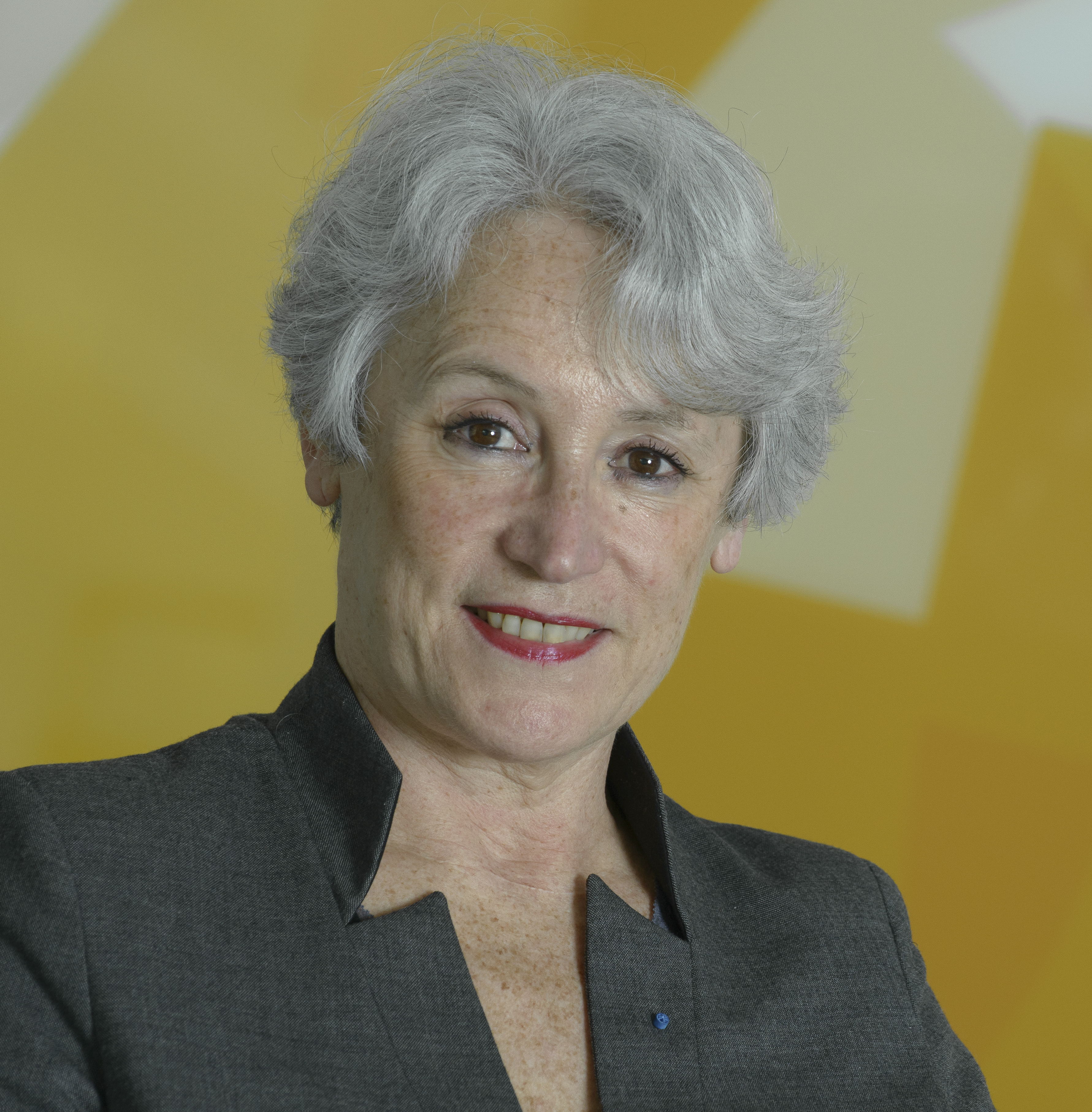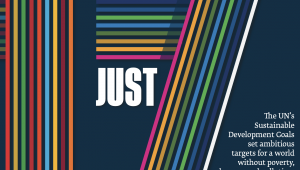On 20 and 21 October, the European Court of Auditors (ECA) hosted an international conference in Luxembourg on EU development aid policy.
The event took place under Luxembourg’s presidency of the EU Council as part of the effort to redefine the UN’s Millennium Goals, during the European Year for Development. Participants included high-level representatives from EU institutions, the UN and Luxembourg authorities, as well as experts from OECD and the World Bank, national supreme audit institutions and academics. A number of ambassadors from developing countries and non-governmental organisations also participated.
The European Union is the world’s biggest donor, contributing 60% of all development aid. So for the ECA, as guardians of EU finances, spending on development projects is an important area to audit.
Development aid provided as part of the millennium objectives has led to significant progress in terms of reducing poverty and infant mortality, as well as in health, education and access to drinking water. The Sustainable Development Goals which replace the MDGs maintain the course already taken, but also have a much broader ambition involving both developed and developing countries addressing environmental challenges and setting objectives of gender equality, peace, justice and governance.
Development aid programmes after 2015 will therefore have to build successful partnerships between a greater number of more varied development stakeholders. As well as traditional providers of aid such as the United Nations, and the EU and its member states, there is a need to work with emerging countries, foundations and private companies – each of which have their own governance and strategy.
Financing for development also involves a wide set of instruments, ranging from public aid (grants, loans, budget support) to blending instruments and private-public partnerships. Beneficiary countries should also be helped to increase their own national resources by improving tax collection and income deriving from their natural resources.
Increasing the efficiency of aid spending is a challenge – it requires better monitoring and supervision systems in countries where governance is often weak. The practical difficulties faced by audit institutions when they perform their missions shows how much remains to be done. The challenge of measurement is also linked to the availability of reliable and timely statistical data in developing countries – 61% of the countries of sub-Saharan Africa do not have sufficient data to identify poverty levels.
All participants at the conference agreed that the challenges of sustainable development needed to be better understood by citizens, both in Europe and elsewhere.














